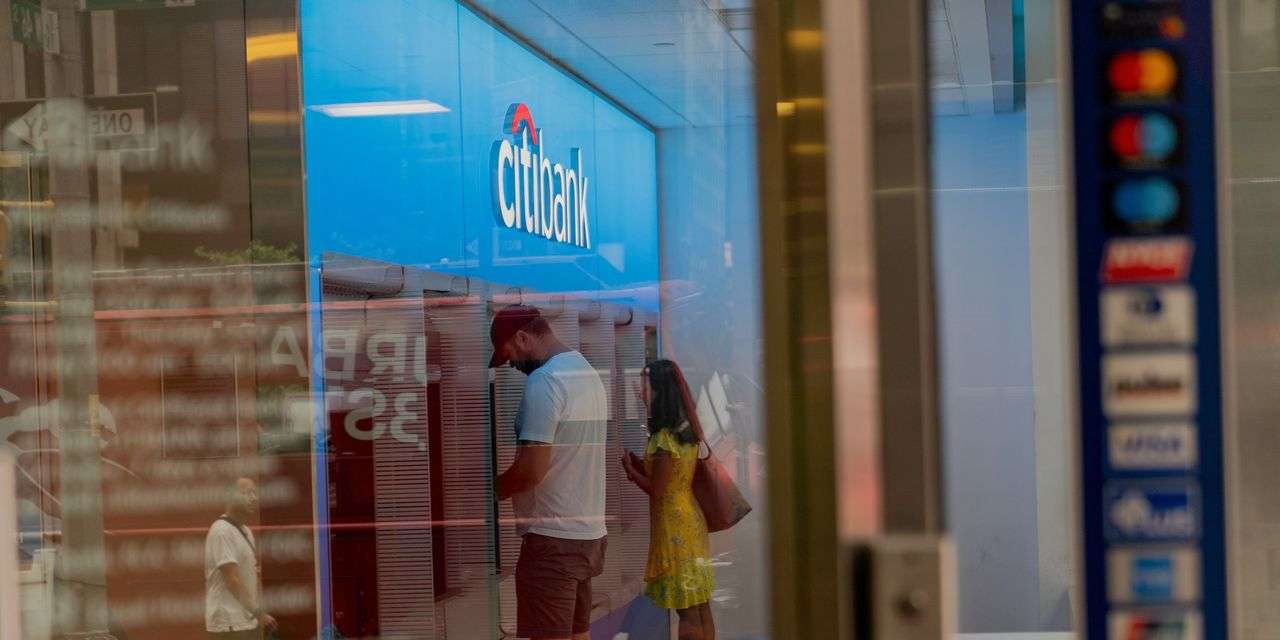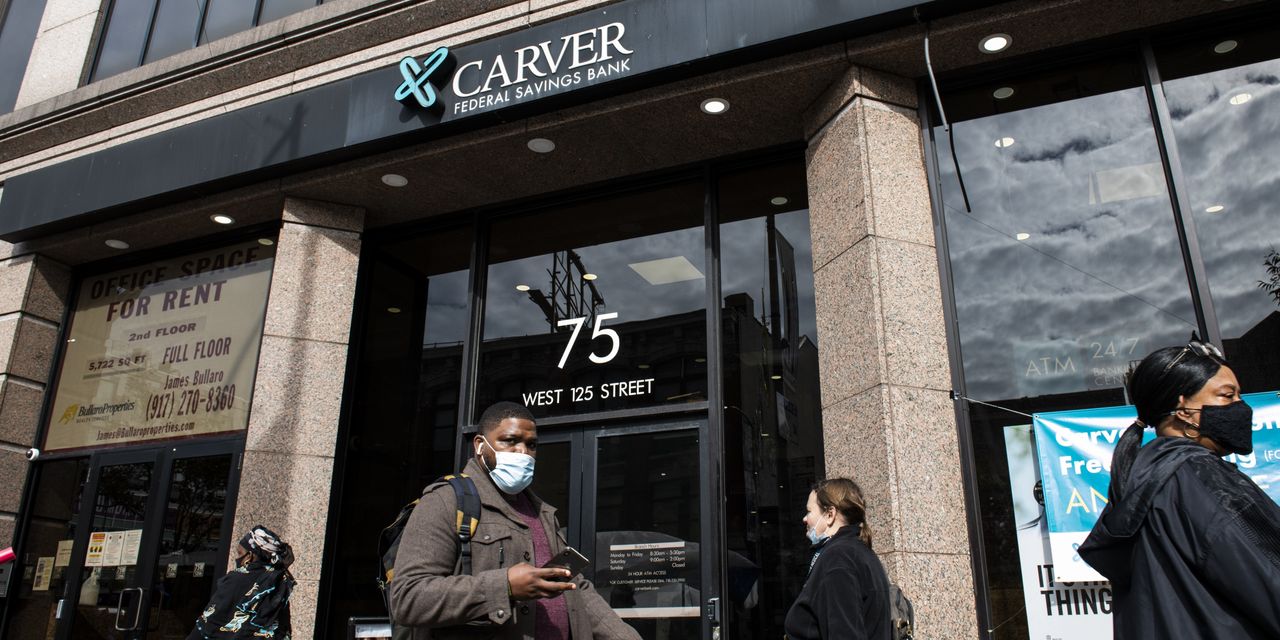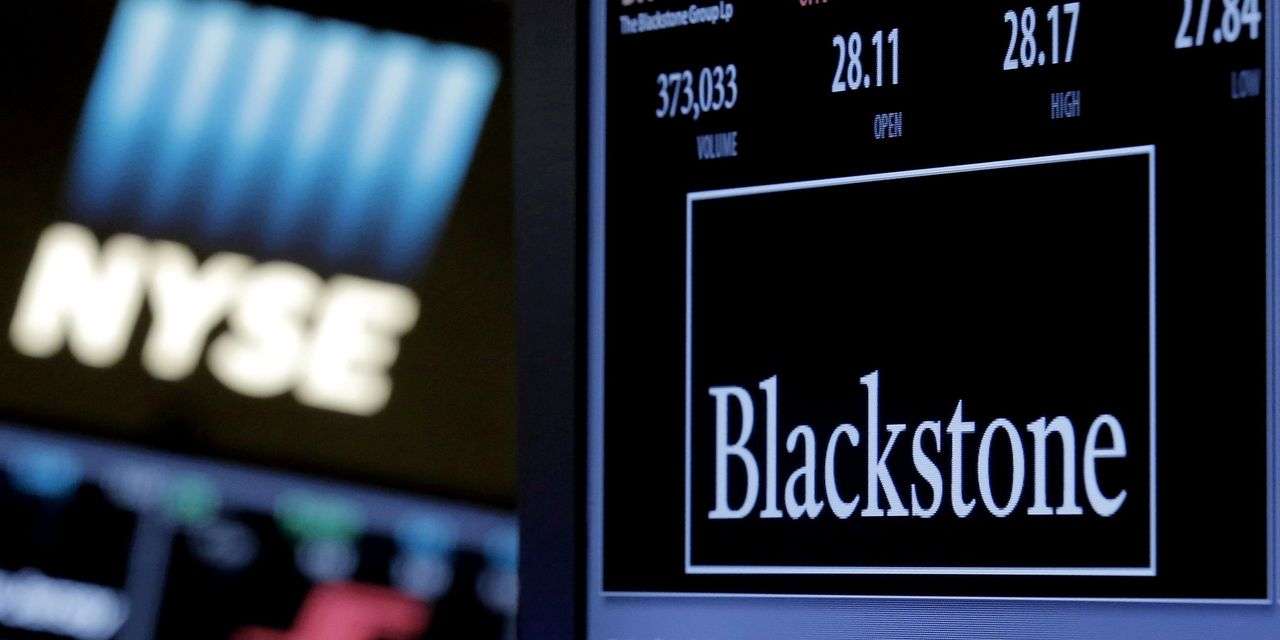Citigroup Inc.
C -0.29%
said Wednesday its second-quarter profit soared thanks to an increasingly bright view of consumer health.
The bank posted a profit of $6.19 billion, or $2.85 per share, compared with $1.06 billion, or $0.38 per share a year earlier. That topped the $1.97 per share that analysts had expected, according to FactSet.
Revenue fell 12% to $17.47 billion. That still topped analysts’ expectations of $17.22 billion.
“The pace of the global recovery is exceeding earlier expectations and with it, consumer and corporate confidence is rising,” Chief Executive
Jane Fraser
said in a statement.
A year ago, Citigroup and other big banks were socking away funds to prepare for huge losses on loans to consumers and businesses. But those losses haven’t materialized, and banks have been shrinking their rainy-day funds. In the second quarter, Citigroup freed up about $2.4 billion in loan-loss reserves, boosting its profit.
The switch particularly benefited Citigroup’s global consumer bank. That unit swung to a profit of $1.83 billion compared with a loss a year ago. Consumer revenue fell 7%.
Spending on Citigroup-issued credit cards soared 40% from a year ago, during the depths of the Covid pandemic. It was also up 6% compared with the 2019 period, before the global pandemic. But banks’ customers continue to pay off their credit cards at unusually high rates and interest rates remain low, squeezing lending profits.
Chief Financial Officer
Mark Mason
told analysts the bank expects some credit-card debt to start growing as the stimulus rolls off in the second half of the year.
Net interest income, the amount the bank makes on loan interest minus what it pays on deposits, fell 8%.
In the institutional clients group, which includes investment banking and trading, profit more than doubled to $3.82 billion, while revenue fell 14%.
Trading revenue fell 33% from a record a year ago, when pandemic uncertainty made the markets particularly volatile. Fixed income trading plunged, but equity trading increased.
Goldman Sachs Group Inc.
reported a 32% drop in second-quarter trading revenue, and
JPMorgan Chase
& Co. reported a 30% slide.
SHARE YOUR THOUGHTS
What do you think the next quarter holds for Citigroup? Join the conversation below.
The deal-making hot streak that powered Goldman and JPMorgan also helped lift Citigroup’s bankers. Fees for advising companies on mergers and acquisitions soared 77% while fees for underwriting stocks rose 11%. Fees for underwriting debt fell 21%.
Low rates also squeezed its core treasury and trade business that helps companies manage cash. Its revenue fell 1%.
Across the bank, expenses rose 7% to $11.19 billion. Analysts and investors have been anxious about Citigroup’s costs increasing thanks to a regulatory order to revamp its vast risk-management systems.
Executives said the improving view on the economy convinced them to speed up some investments in the bank’s wealth management unit and credit-card marketing, among other things. Mr. Mason said the bank now expects full-year expenses to rise about 5%, instead of 2% to 3% he had previously forecast.
More on Bank Earnings
Read more articles about companies closely tied to the economy, selected by WSJ editors.
“We’re not going to miss this window of opportunity,” he said.
Citigroup shares fell 0.3%. The stock has trailed big-bank peers and the broader stock market this year, rising 11% through Wednesday.
Write to David Benoit at david.benoit@wsj.com
Copyright ©2021 Dow Jones & Company, Inc. All Rights Reserved. 87990cbe856818d5eddac44c7b1cdeb8
Appeared in the July 15, 2021, print edition as ‘Citigroup Profit Beats Outlook on Consumer Rebound.’






